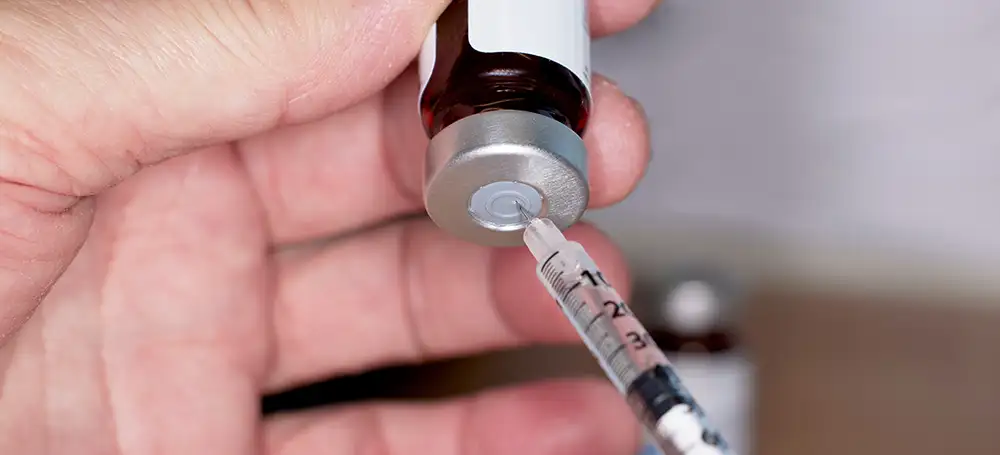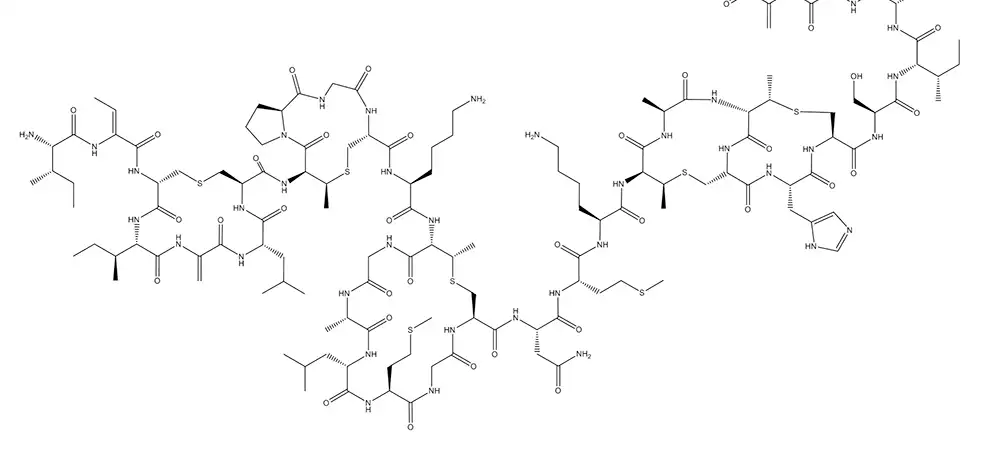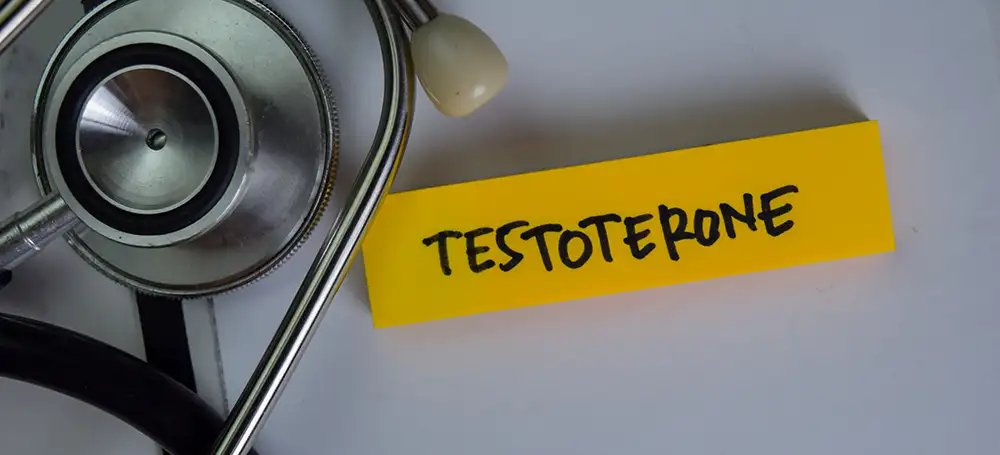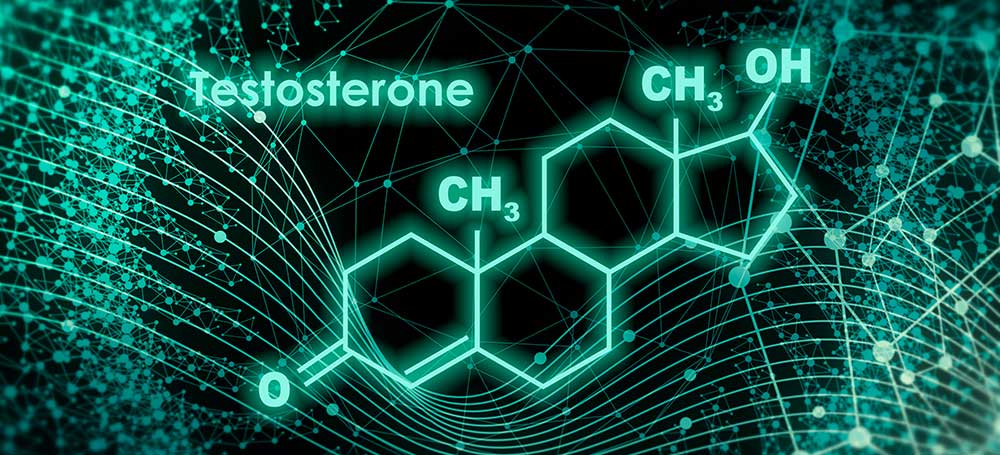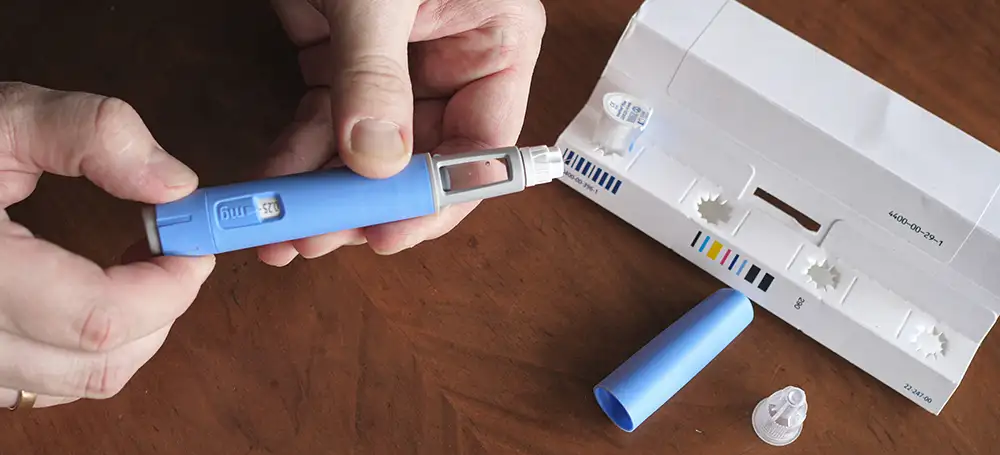Any time you face a problem, whether physical or psychological, that keeps you from achieving sexual satisfaction or giving it to your partner, you’re dealing with sexual dysfunction. Men of all ages and stages report varying types of sexual dysfunction, but it’s more likely to raise its head as you get older.
About 31% of men experience some sort of sexual dysfunction, but few want to talk about it. Rest assured, though, that you’re not alone if you’ve been feeling that your sex life is broken in some way. The good news is that medical advances in this field have been widening your options for treatment. That means there are steps you can take to figure out and then treat the causes of whatever type of dysfunction is plaguing you. Let’s take a look at the various types of sexual dysfunction and then at your options for finding solutions.
Types of Sexual Dysfunction in Men
Sexual dysfunction can show up while you’re having sex or before you get started. You may even experience issues that keep you from being interested in sex — and these definitely qualify as sexual dysfunction as well. The most common sexual issues that men experience are erectile dysfunction, various ejaculation problems, loss of sexual desire and physical problems involving the penis, including Peyronie’s disease.
Erectile Dysfunction
Around half of men in the United States who are over 40 experience occasional or frequent erectile dysfunction, which is the inability to achieve and/or sustain an erection sufficient for sexual intercourse. That amounts to about 30 million men — so if you’re among their number, you’re far from alone.
Erectile dysfunction, though more common with age, can happen to any man at any time of life. The causes can be rooted in physical origins, including testosterone deficiency. Erectile dysfunction may also have a psychological component. Rest assured, many reliable treatments are available, so there’s no need to hide in shame if you’re experiencing erectile dysfunction.
Ejaculatory Dysfunction
Some men face issues with ejaculation. Most well-known is premature ejaculation, which occurs when the man ejaculates before or very soon after penetration. Other ejaculation disorders include delayed ejaculation and retrograde ejaculation, in which the ejaculate is forced into the bladder rather than out of the penis tip. Causes of premature ejaculation may be tied up with performance anxiety or mental health issues, while delayed ejaculation could be a symptom of more serious physical ailments.
Loss of Libido
If your interest in sex has decreased markedly, you may be seeing one of the primary signs linked with low testosterone level. Men lose testosterone as they age at an average rate of 1% per year. When testosterone levels drop below the normal range of 300 to 1,000 nanograms per deciliter, testosterone deficiency can occur. This could cause all sorts of negative symptoms, including weight gain, loss of muscle tone, erectile dysfunction, fatigue, sleep problems, loss of concentration, loss of bone density and, yes, loss of libido. Psychological and emotional factors may also play a part in a decreased sex drive.
Peyronie’s Disease
Peyronie’s disease results when scar tissue develops inside the penis, often as a protection against small physical trauma incurred during intercourse. With Peyronie’s, the penis begins to bend abnormally, causing pain. Many men are embarrassed to admit to having this condition, and don’t seek out treatment early enough.
Causes of Sexual Dysfunction
Your sexual health is intricately tied up with your physical, psychological and emotional health. Many conditions that affect your body or your mind also can feed into sexual dysfunction. In particular, physical conditions that can play a role in any of the above types of sexual dysfunction include:
- Diabetes
- Multiple sclerosis
- Parkinson’s disease
- Other nervous system disorders
- High blood pressure
- Smoking
- Heart disease
- Vascular disease and conditions affecting blood flow
- Hormone imbalance, including low testosterone levels
- Stroke
- Nerve damage after surgery
- Obesity
- High cholesterol
- Drug abuse
- Alcoholism
- Injury to the penis
Many psychological factors can also figure into sexual dysfunction, often interacting with pre-existing physical conditions in ways that can be hard to unravel. Check out these emotional and psychological conditions that can affect your sex life:
- Anxiety
- Depression
- Memories of sexual trauma
- Stress
- Relationship problems
- Feelings of guilt
- Concern about sexual performance
- Self-esteem issues
- Emotional fatigue
In addition, some medications might have a negative effect on your sex life. Notable for this side effect are antidepressants and drugs used to treat high blood pressure.
Aging can also affect sexual performance and drive, with older men often needing more direct stimulation or foreplay. A doctor can help you tell the difference between mild sexual performance symptoms that are solely the result of age and more significant changes that highlight a medical issue.
The Relationship Between Sexual Dysfunction and Other Health Issues
It’s tempting to keep any sexual dysfunction issues to yourself, but many symptoms of sexual dysfunction are actually indicators that a more serious health issue may be lurking beneath the surface. While your men’s health clinic has the experience needed to pinpoint sexual function issues as signs of something more serious, you may be tempted to brush them off. Nevertheless, it’s always worthwhile to see a doctor when any of these symptoms make themselves known.
Erectile dysfunction, for starters, may be more than just a sign of relationship problems or stress. It has been linked with metabolic syndrome, cardiovascular disease and issues involving the urinary tract, including benign prostatic hyperplasia. The low testosterone levels that often prompt loss of libido may also come with cardiovascular side effects, and the combination of hormonal issues and erectile dysfunction often points to early signs of diabetes. Other sexual dysfunction symptoms could be indicators of prostate cancer or urinary conditions.
In addition, sexual functionality and mental health are tightly linked to each other. The loss of libido or erectile dysfunction you might be experiencing may be outward signs of depression, anxiety or other serious psychological disorders. When this occurs, if you address and manage the depression and anxiety, you’re likely to see the sexual dysfunction symptoms start to abate.
Men can often get caught in what seems an endless loop between the physical and mental health sides of sexual dysfunction. A man who doesn’t realize that his testosterone levels are abnormally low may get anxious about his performance in the bedroom, which in turn spurs depression, which lowers his libido even more. Treating the whole person holistically, with care paid to both physical and mental health issues, can be key to breaking this cycle.
Treatment of Sexual Dysfunction
Treatment of sexual dysfunction is readily available, with men’s health clinics such as Boston Vitality leading the way in making sure that men have access to the medical help they need to stay vigorous and sexually active. Specific treatment depends on the types of sexual dysfunction that each man is dealing with.
Men facing erectile dysfunction may be able to take drugs that increase blood flow to the penis, such as sildenafil (Viagra), tadalafil (Cialis) or vardenafil (Levitra). Psychological therapy may also help, and some men also find their erection problems solved through the use of penile implants or vacuum devices that help them get an erection.
If you’re facing loss of libido, which may co-occur with erectile dysfunction in some cases, there’s a good chance that low testosterone levels are at the root of your condition. You can raise your testosterone levels safely through supplemental testosterone applied topically (through patches or gels), via injection, or applied intramuscularly through subcutaneous pellets. These types of treatment, which must be administered by a doctor, are safe for most men — unlike testosterone supplements bought over the internet, which are untested, unregulated and possibly unsafe. In addition, men who have co-occurring depression or anxiety may benefit from mental health counseling regarding their low libido and any underlying causes.
Men with ejaculation problems often need a combination of behavioral techniques, psychological counseling and pharmacological treatment. Mechanical devices that improve penile sensitivity may help with delayed ejaculation, while medications and gels can help those men suffering from premature ejaculation.
Men with Peyronie’s disease may have to opt for penile reconstructive surgery. Some injection, traction and oral medical therapies also show promise.
Counseling or therapy to help you address any mental health issues, such as anxiety, depression, guilt, stress or fear, can be vital when dealing with sexual dysfunction. If your condition has a physical basis, that counseling won’t be enough to solve the problem. However, because sexual health links the physical and psychological aspects of life so intimately, it’s always a good idea to consider.
In addition, improving your overall health can have a positive effect on your sex life. The standbys that you’ve heard about from your doctors in the past, including giving up smoking, limiting alcohol and drug use, losing weight and getting plenty of exercise, really do work, including in the area of sexual health.
However, before you try to handle this all on your own, it’s important to remember that your sexual dysfunction symptoms could be your body letting you know about a medical condition that you otherwise might not notice. It’s always a smart idea to see a doctor for an overall checkup and blood work (including getting your testosterone levels checked) before you embark on any self-improvement. And, if you’re dealing with sexual dysfunction symptoms, that doctor should be one who specializes in men’s health and can recognize symptoms for what they are.
We’re Here to Help
At Boston Vitality, we have the expertise and experience you want in a doctor who’s treating this most intimate part of your life. We understand the symptoms of sexual dysfunction for what they mean and what they’re trying to tell you, and we’ll help you get the treatment you need and deserve.
Our world-class lead practitioner, Dr. Michael Zachareas, has treated literally thousands of men who have stepped into our clinic with complaints of erectile dysfunction, fatigue, low energy levels, mood swings, and loss of libido, among other signs and symptoms of low testosterone levels. With true expertise in men’s hormones, our entire team is ready to help you make sense of the symptoms that may not seem, right now, to fit together in any clear pattern.
If you’re dealing with diminishment of your sex drive, erectile dysfunction or any of the other symptoms of sexual dysfunction, we provide a confidential, discreet environment where you can feel safe discussing the intimate details of what you’re going through. We’ve heard it all, we’ve seen it all, and we’ve treated it all — and we’re ready and prepared to provide the solutions for the issues you’re currently facing.
Whether you’re suffering from sleep problems, lack of mental clarity, inability to focus, decreased energy levels, weight gain, loss of muscle mass or loss of emotional stability — on top of the symptoms of sexual dysfunction such as loss of libido and erectile dysfunction — we understand. And we go beyond understanding to having the means to treat you. There’s no need for any man in Boston to turn to the internet or a medical spa that specializes in Botox. Not when we’re ready at Boston Vitality to help you turn the corner on your sexual dysfunction issues. Contact us today to see how we can help.




